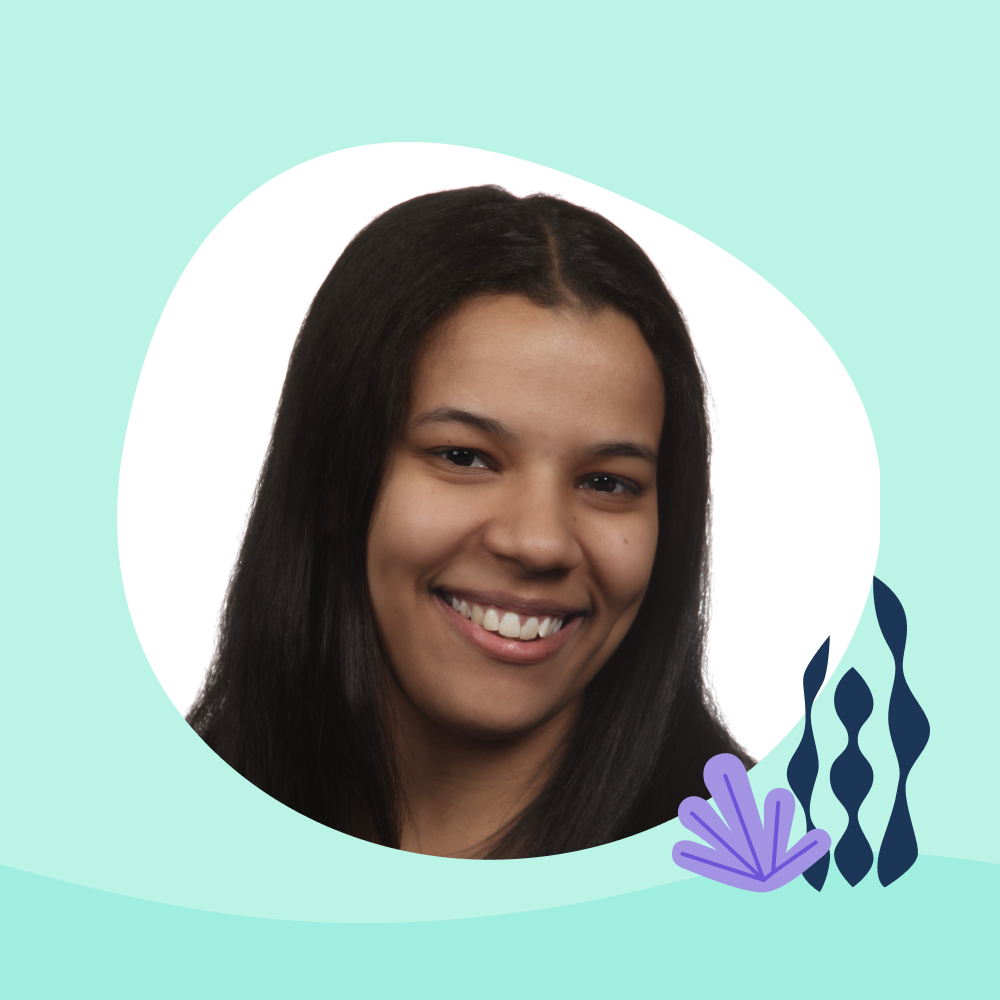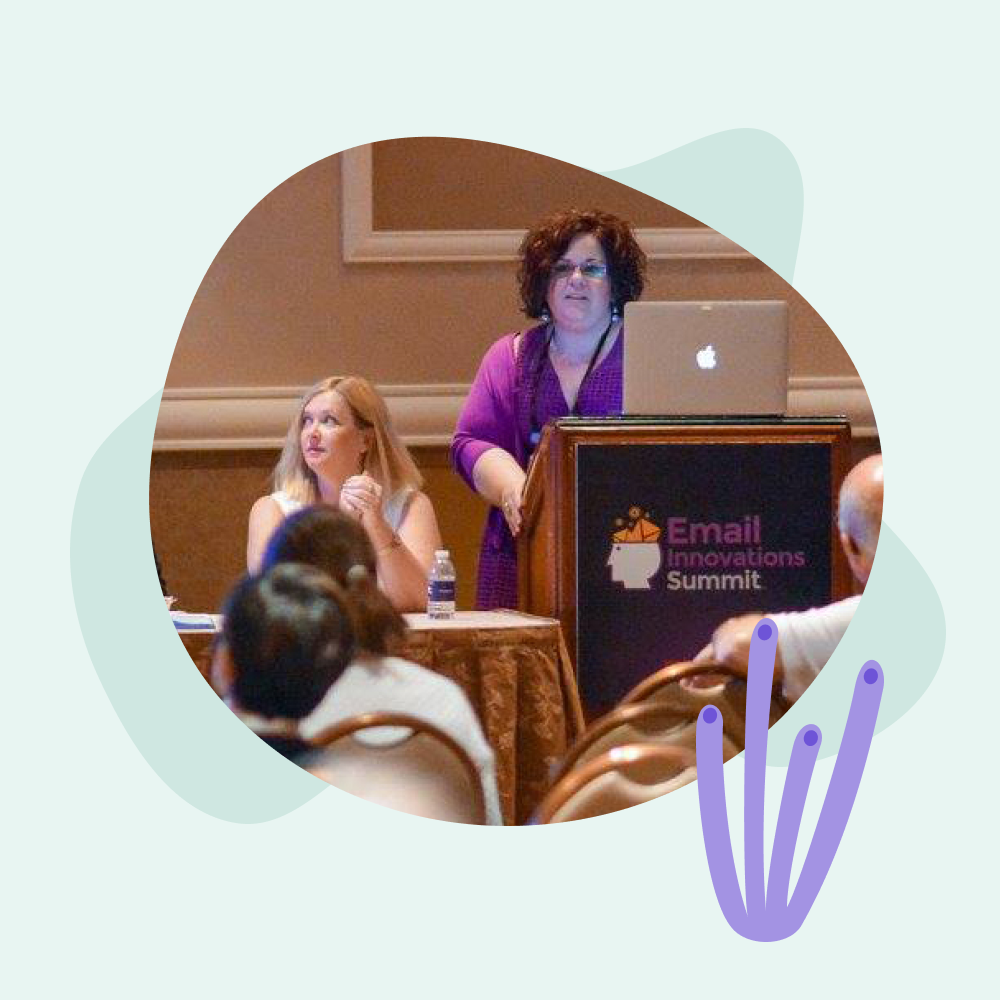Who do you picture when you hear the word “developer”?
If recent statistical demographics are anything to go by, you’ll likely be picturing a white man in his late thirties.
But it’s 2021 and times are changing. More women are learning to code and tackling the male-dominated arena of software development. And more ethnicities are being represented than ever before.
One such woman is Alice Li, an Asian American who has held roles as a senior web and email developer for Oracle and Shutterstock. And who was the principal email engineer for Litmus up until September 2020.
We caught up with her to discuss diversity in the marketing technology sector. And find out what drew her to tech in the first place.
How did you get into coding and email developing?
I taught myself HTML and CSS from a book when I was 13 back when it was the Dark Ages before even MySpace. Basically, if I wanted to have any sort of online presence to socialize with peers, then I had to code my own websites like they all did.
Like most folks in the email industry, email development was something I just fell into accidentally. I built and was maintaining the website for a comic book shop when a recruiter approached me on Monster.com with a position coding emails at Epsilon. From there, I became immersed in the world of email marketing and learned the ropes on the job.
What do you most enjoy about this work?
I’m passionate about creating delightful interactive experiences for people. This was true even when I first started out coding in the 1990s, and my fellow “webmasters” and I would incorporate new techniques and effects we learned into our web designs to impress each other.
Email development isn’t that far off from early front-end development, and I’m thrilled to have found my “tribe” in the industry within an active group of #EmailGeeks who are also passionate about coding and designing great experiences in the inbox for users.
There’s always a new technique to experiment with, or an email client quirk to tackle. Whenever I can code a feature like interactive carousels or hotspots in an email that surprise and excite users, it’s a joy.
Data from a Pearson Frank Java and PHP Salary Survey found that just over one in every 10 developers is a woman – why do you think this is the case?
There are widespread systemic reasons as to why girls and women are discouraged from STEM occupations – everything from unconscious bias to experiencing imposter syndrome that perpetuates each other.
And if you are a woman who overcomes those barriers to actually end up in a STEM occupation, the culture of many of those male-dominated spaces can either lead to an uncomfortable work environment (see: “Brogrammer” culture) or roadblocks to advancement that are rooted in the aforementioned unconscious bias.
For example, here’s something that actually happened to me at a previous job. A male coworker from another department overheard me speaking to the IT administrator about an issue, and offhandedly commented “Women and tech, am I right?”.
The IT administrator defended me, saying “You know Alice is a coder, right?” and the guy was absolutely dumbfounded and stuttered out “I thought you were a copywriter this whole time because of all the text on your screen!”. Because of this coworker’s perception about women and tech, he never even considered that the text on my screen was code.
What challenges have you faced as a non-white woman working in the technical fields of email marketing?
As an Asian American woman, I can only really speak for my own experiences rather than that of women of color in general, because the stereotypes that women of color experience can be vastly different depending on your ethnicity.
But there’s this phenomenon called ‘The Bamboo Ceiling‘ (as opposed to the glass ceiling) where Asian employees are regularly overlooked in opportunities for leadership roles due to stereotypes of Asians as being passive or not fitting what the popular perception of what a “leader” should look like.
Why do you think women of different ethnicities are underrepresented as speakers at industry conferences and events?
Representation is often a self-perpetuating cycle. The first time I spoke at a Litmus Live conference, a young Asian American woman came up to my table afterward and told me how inspired she was to see someone who looked like herself up there – it never crossed her mind before that she could be doing the same thing. I was really moved by that, because I understand that feeling entirely.
Due to imposter syndrome and the fact that I’m a classic introvert, I never envisioned myself as a speaker before at any conferences before. I only started because Justin Khoo of FreshInbox asked me to participate in a panel he was hosting at Email Evolution Conference. I really admired his work, so I jumped at the chance and it all kind of snowballed from there.
And what do you think can be done to improve the balance of representation?
If you’re a person in a position to give exposure to under-represented groups, do it. In many ways, it has to start with the gatekeepers to prioritize representation because it can be awfully discouraging to individuals who have been under-represented their entire lives to never be able to imagine themselves in those roles.
Follow Alice on Twitter to keep up with her work.


No Comments
Leave a comment Cancel